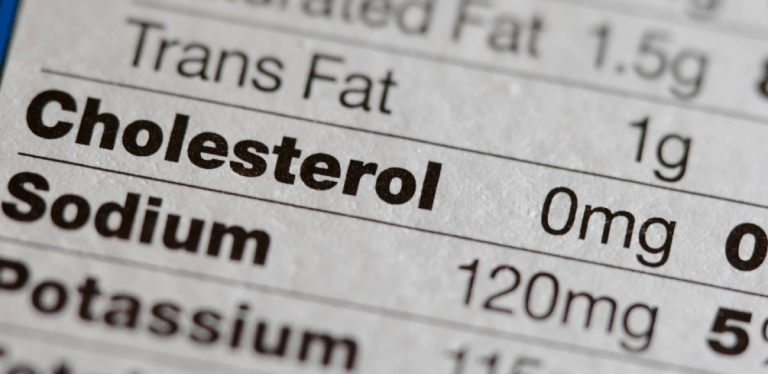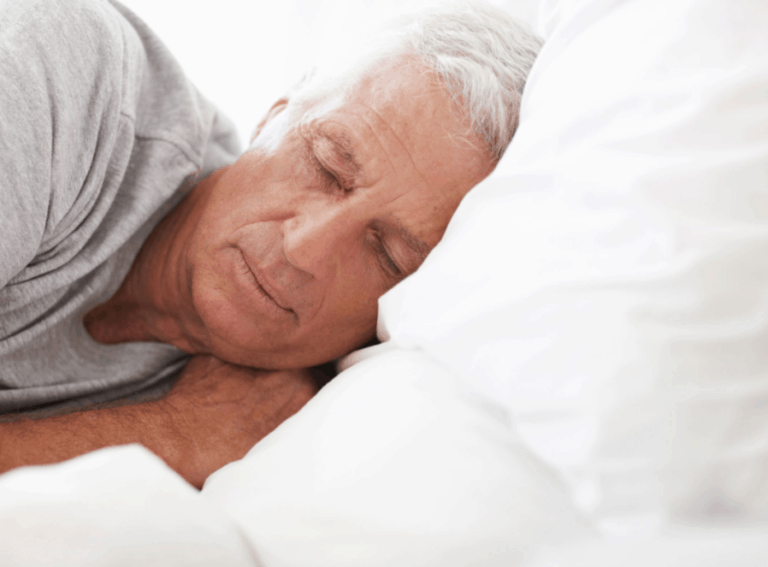It’s probably not news to you that stress can have a significant impact on your health and that stress affects prostate health. What may be surprising is the severity of the effect of stress and anxiety on prostate conditions such as prostatitis, prostate cancer, and enlarged prostate (benign prostatic hyperplasia, BPH) and, perhaps more importantly, the benefits of emotional therapy, as a form of stress management, on prostate health.
How Stress Affects and Prostate Health
One way stress can have an impact on prostate health is if a man already has a prostate problem and he is anxious, fearful, worried, and perhaps even angry about having the condition. In such cases, the anxiety can make the prostate disease worse by impairing the ability of the immune system to fight the illness.
However, preventing a disease is always better than having to treat it once it develops, therefore it’s important to address stress and its role in contributing to or causing prostate problems. That is the topic discussed here.
How Stress Affects Prostate Cancer
Reducing the amount of stress in your life while also eating better and exercising regularly can slow the progression of early prostate cancer. According to Dean Ornish, MD, of the University of California at San Francisco, he and his team found evidence that these lifestyle changes can put the brakes on progression of this disease.
The study, which was published in the journal Urology in 2008, involved 93 men with prostate cancer. The men who followed a primarily vegan diet (no animal foods) and who participated in regular moderate exercise and relaxation methods such as yoga for one hour a day had better scores on the PSA test (prostate specific antigen), which was used to follow prostate cancer growth. Specifically, the men who followed this healthy lifestyle program experienced an average 4 percent decline in PSA while those who did not follow the program had an average increase of 6 percent.
In addition, patients who adopted these lifestyle modifications were less likely to need additional treatment. Ornish pointed out that this study was “the first randomized trial showing that the progression of prostate cancer can be stopped or perhaps even reversed by changing diet and lifestyle alone,” while also emphasizing that these changes should be used in addition to standard treatment and not as a substitute.
Another study explored the relationship between stress and prostate cancer at a chromosomal level. Specifically, Ornish and his team looked at how improvements in diet and lifestyle, including stress reduction, could increase the activity of an enzyme called telomerase. This enzyme helps protect telomeres, which are complex proteins that protect the ends of chromosomes and help prevent telomeres from shortening. Why is this important?
Because shortness of telomeres is associated with aging and with premature death in many cancers, including prostate cancer. Therefore, Ornish’s team investigated whether 24 men with low-risk prostate cancer who participated in three months of intensive lifestyle changes would experience any changes in telomerase activity.
Overall, telomerase activity increased, and the increase was significantly associated with declines in low-density lipoprotein (LDL) cholesterol and a decrease in psychological distress.
Stress, Prostatitis, and Enlarged Prostate
Prostatitis is a condition characterized by inflammation of the prostate, which results in pain in the pelvic and genital area and a variety of urinary tract symptoms. A small percentage of men with prostatitis have a form caused by bacteria, while the remainder mostly have a form called chronic nonbacterial prostatitis/chronic pelvic pain syndrome. Stress can impact both bacterial and nonbacterial prostatitis. While stress may worsen the symptoms of bacterial prostatitis, it may actually have a role in causing nonbacterial prostatitis.
In fact, some experts believe that just like people often tighten their neck or shoulder muscles when they are stressed, so, too, do some men unknowingly focus their stress (or at least part of it) on their pelvic floor muscles. Chronic tightening of the pelvic floor muscles may be a cause of prostatitis. Men who take steps to manage chronic stress may help prevent the development of prostatitis as well as reduce symptoms if they already have this prostate condition.
Stress can have several effects on an enlarged prostate. For men who already have BPH, stress can make symptoms such as urinary frequency, painful urination, and urinary urgency worse. Men also should be aware there is a relationship between zinc, stress, and BPH. Stress can lower zinc levels, and a zinc deficiency can cause the prostate to become enlarged.
Emotional Therapy for Prostate Health
Men who have a prostate condition should consult with their healthcare provider to find appropriate treatment for their symptoms. Among the options considered should be emotional therapy, which are techniques men can utilize to help them both acknowledge and address the impact of stress and anxiety on prostate health.
Emotional therapy can take a variety of forms, including psychotherapy, group therapy, meditation, guided visualization, breathing therapy, self-hypnosis—whatever helps an individual reach the goal, which is to release stress and tension and embrace and maintain a sense of calm and balance. Another critical part of emotional therapy is social support. Men who are struggling with a prostate health problem, such as an enlarged prostate, prostatitis, or prostate cancer, also can greatly benefit from emotional support provided by family and friends, as well as from other men who share their particular prostate condition.
If you are facing a prostate health challenge, your best bet for relief and recovery is to include emotional therapy as part of your treatment program. The importance of the mind-body connection needs to be addressed when treating prostate cancer, enlarged prostate, and prostatitis.







